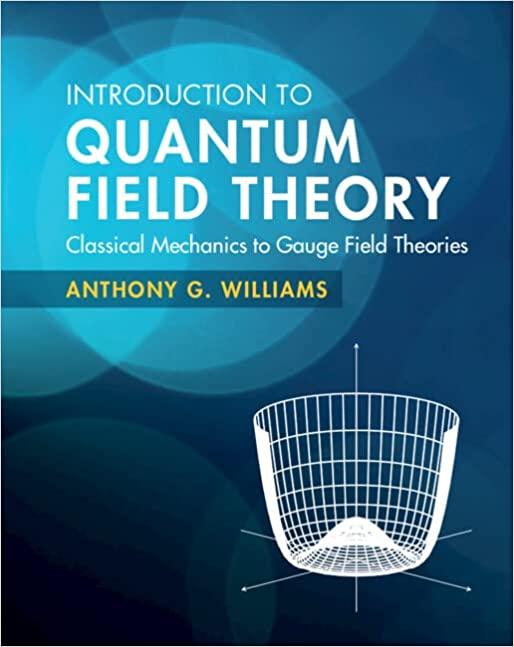A relativistic positron (e^{+})with kinetic energy (T) annihilates a stationary electron (e^{-})and produces two photons (e^{+}+e^{-}
Question:
A relativistic positron \(e^{+}\)with kinetic energy \(T\) annihilates a stationary electron \(e^{-}\)and produces two photons \(e^{+}+e^{-} \rightarrow \gamma+\gamma\).
(a) At what angles are the photons emitted when they have equal energies?
(b) Is it possible for the photons to have unequal energies? Explain.
Fantastic news! We've Found the answer you've been seeking!
Step by Step Answer:
Related Book For 

Introduction To Quantum Field Theory Classical Mechanics To Gauge Field Theories
ISBN: 9781108470902
1st Edition
Authors: Anthony G. Williams
Question Posted:





